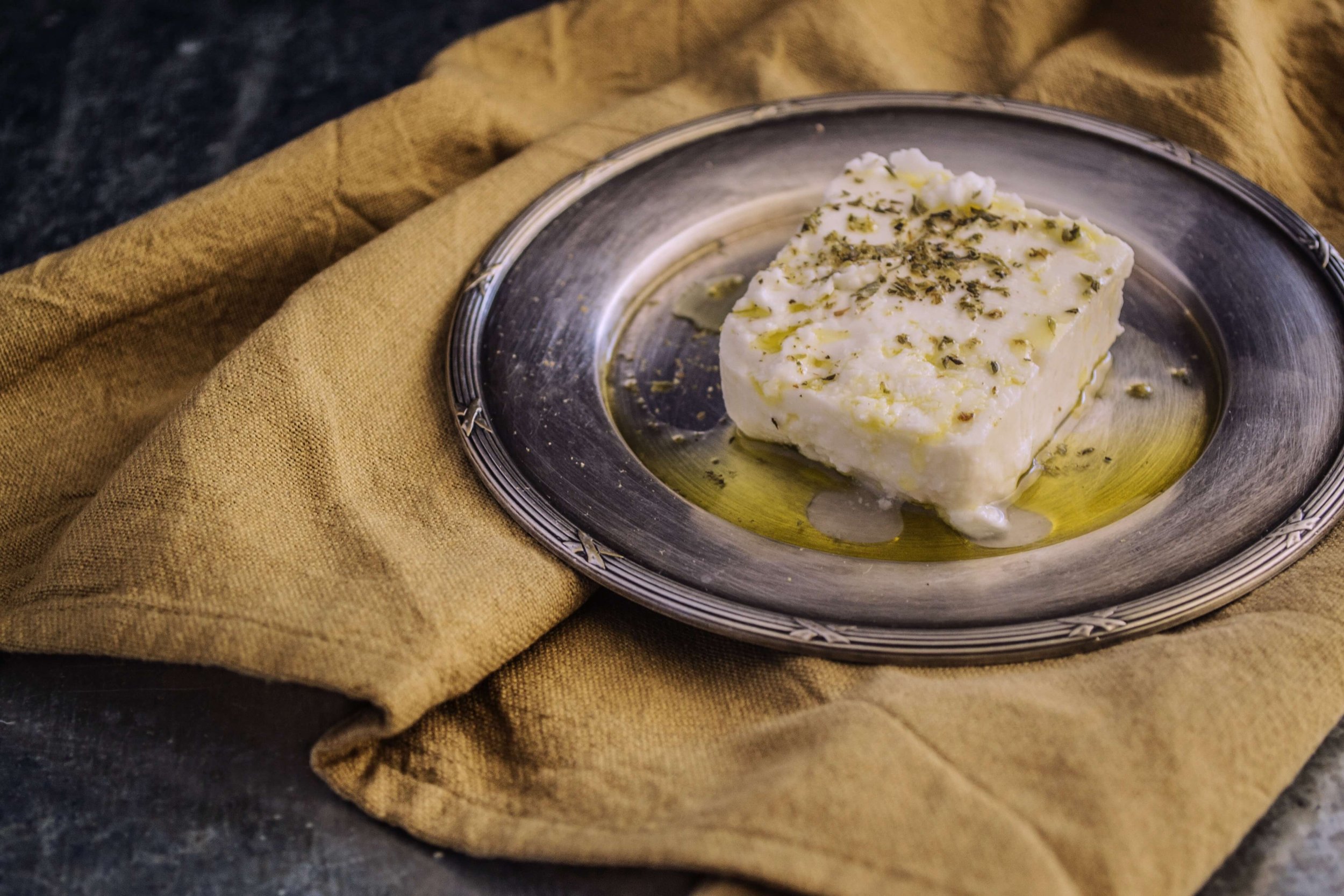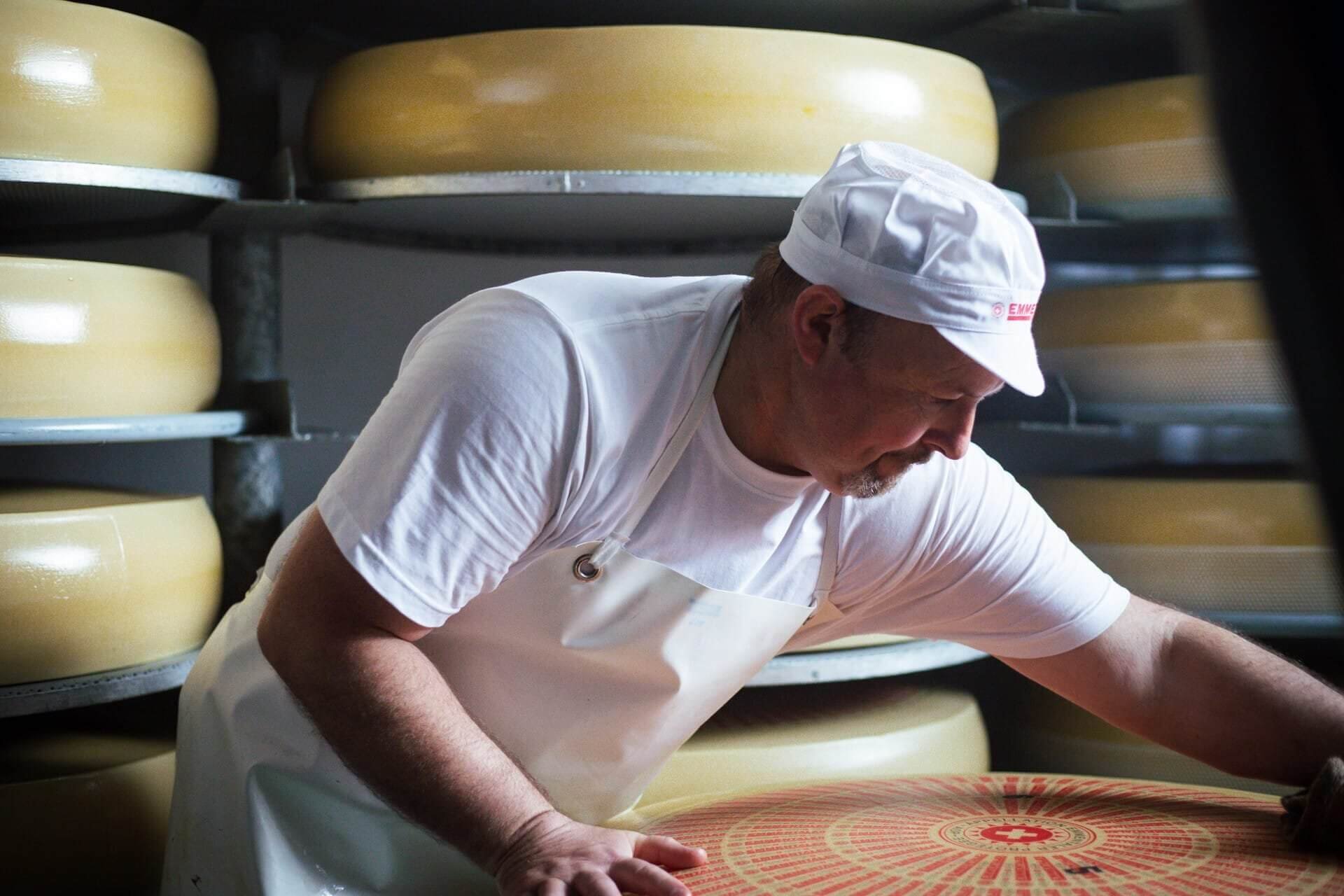Why It's Not Always the Real Thing: 5 Famously Fake Cheeses
There are two kinds of fake cheeses in the world. One is the kind that is unashamedly fake, due to regulations not being universal. The prime example is parmesan cheese made outside the European Union, where countries do not necessarily recognize parmesan's Protected Designation of Origin (PDO). In the USA, the name Parmigiano Reggiano is protected but parmesan isn't, so anything can be called parmesan.
The other kind of fake cheese is that which is misleadingly passed off as the real thing, in order to deliberately deceive people. The prime example of this is, well, parmesan.
According to the Parmigiano Reggiano Cheese Consortium, the governing body for authentic parmesan cheesemakers, the fake parmesan market worldwide is worth around $2 billion a year - which is almost as much as the real market, which is about $2.35 billion.
This is obviously of great concern for both financial reasons and for the reputation of parmesan. Anyone trying a cheap fake parmesan for the first time and wondering what the fuss is all about may not go back for second helpings. It's of such concern to the Parmigiano Reggiano Cheese Consortium that it's recently been working with the p-Chip Corporation, a technology company which specializes in tracking devices, and with Kaasmerk Matec, which makes cheesemarks. The result is a digital label that has a microchip in it, which is smaller than a grain of salt and safe to eat. This tells the buyer (whether wholesaler, retailer, or customer) if the parmesan is authentic.
If you want to buy authentic Parmigiano Reggiano cheese, don't be fooled by the packaging trying to look Italian. Check that it says Parmigiano Reggiano on the label and not merely 'parmesan', look to see that it says 'Made in Italy', and look for the PDO stamp. Even so, it may not be genuine as it's even easier to make a fake label than it is to make fake cheese.
One notable case regarding fake parmesan was that of Michelle Myrter, who was President and Corporate Officer of Castle Cheese Inc. of Slippery Rock. In 2015 she was charged with 'the misdemeanor of aiding and abetting the introduction of misbranded and adulterated food into interstate commerce, in violation of provisions of the Federal Food, Drug and Cosmetic Act.' A disgruntled fired manager tipped off the authorities that 'fillers' including sawdust were being used instead of cheese.
The company had been found to be passing off both parmesan and Romano cheese as genuine when both were found to contain other cheaper cheeses. As head of the company, Myrter was responsible, whether she knew of the misdeeds or not, though as it had been going on for three years she certainly ought to have known. The company, which she had inherited from her father and looked forward to passing on to her children, was fined $1 million and she was placed on probation. The company then had to file for bankruptcy.
Feta is another big cheese when it comes to fakery, and like parmesan this can be either deliberate or as the result of regulations. The Greek cheese has also had PDO status within the EU since 2002, but this didn't stop cheesemakers in Denmark, which is also in the EU, from labeling their cheeses as feta. The case wasn't resolved until July 2022 when the European Court of Justice ruled in Greece's favor. In the USA, anyone can call a cheese feta, but if you want the real deal, look for the 'Made in Greece' note and the PDO label. Cheese purporting to be feta has also been found in Israel and Australia, both beyond the reach of the EU courts.
Buffalo mozzarella made in Italy also has PDO status within the EU and must be made in specific regions of Italy with 100% buffalo milk, according to specific production standards, but that doesn't stop even the Italians themselves from faking it. In 2014 police made 13 arrests at a cheesemaker's near Caserta in the Campania region of southern Italy. Two of those arrested were public health officials who had been giving the makers the nod whenever they were about to be inspected. The factory had been using cheaper cow's milk instead of the authentic buffalo milk. Moreover, the milk wasn't even Italian. There was also a case of a dairy in Spain that was caught making 'Buffalo Mozzarella' with Spanish cow's milk.
Things get very complicated when it comes to the famous Swiss cheese AOP Emmentaler, or Emmental as it's more commonly known. It has protected status in Switzerland, which is recognized in several other countries, including Jamaica for some reason, but not in the USA, however, where Emmental and Swiss cheese are used interchangeably. Switzerland is not in the EU so can't enforce protection of its cheese beyond its own borders using the EU’s PDO system, but instead uses AOP system geographical designation labels. France and Germany also both make regional cheeses which they refer to as specific types of Emmental, such as Emmental de Savoie.
Swiss cheesemakers estimated that about 10% of Emmentals that were labeled and sold as genuine were in fact fake and not made to the original's rigorous standards. To discourage shops in Switzerland from encouraging the deception, Emmental makers got together and in 2014 developed a unique bacteria which could be placed in the cheese without changing its appearance, texture, or taste. Anyone suspected of selling fake Emmental can have their stocks seized by the cheese police, who will send samples to a laboratory in Bern for testing. It's not known if the fake cheesemakers have also now come up with a way of making the real bacteria, or perhaps even a fake one.
Kosher Cheese
"Rabbi marking cheese as kosher" by Sylvia Currie is licensed under CC BY-SA 2.0.
Finally there's the case of the cheese that literally wasn't kosher. In 2017 the Creation Foods Company of Ontario in Canada was heavily fined for labeling cheese as kosher when it wasn't. The company was charged by the Canadian Food Inspection Agency and fined C$25,000 for supplying both mozzarella and cheddar to two Jewish youth camps, with forged kosher certificates.
However, there is one company that hasn't yet had any legal problems for selling fake cheeses. They'll proudly offer to sell you fake brie, fake manchego, fake gouda, and even fake parmesan—without getting into trouble with the authorities. It's the Fake Food Display Company, which makes all kinds of fake foods for shop displays and for use as movie props.
Cheese is certainly big business worldwide, as well as being the food most commonly stolen from stores, according to a study by the Center for Retail Research. Apparently 4% of cheese goes missing from the food shelves, more than any other product. Presumably the cheeselifters can spot the real thing.





